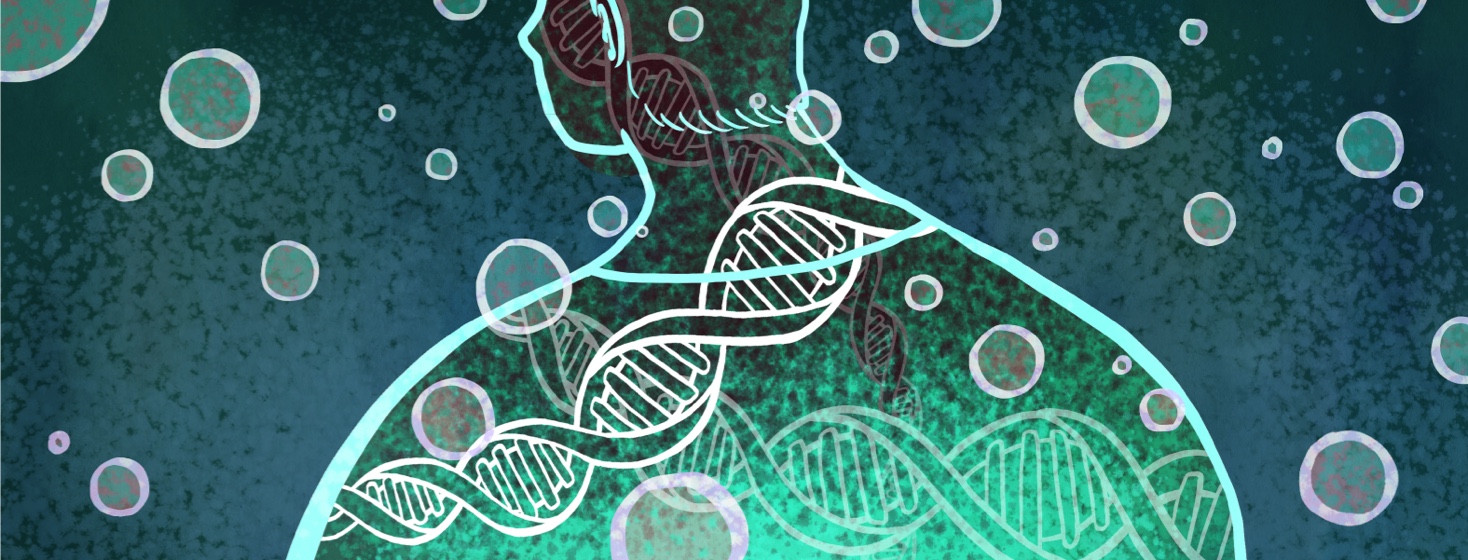Genetic Testing: Pros and Cons
Science has come a long way in predicting health outcomes. Actually, it’s quite fascinating what lab tests can tell physicians about a current or possible future condition with their patients. 21st-century lab testing can predict how a developing fetus is doing inside the womb to genetic testing on humans that can predict an increased risk for certain health conditions.
Genetic testing to predict a higher risk for certain cancers is certainly on the lips of every health care practitioner these days. Almost every woman who shows up for their annual GYN visit is being asked if they are interested in getting genetically tested for the BRCA 1 and 2 gene.
I always prefer to hear the bad news first, so let’s start off with the disadvantages of genetic testing.
Cons of genetic testing
- It leads the patient to believe that if they test positive for a BRCA 1 or BRCA 2 gene that they most certainly will get cancer. Instead of believing, the patient is only at a higher risk and there is no certainty of acquiring cancer.
- Receiving a negative result can create an “I’m immune to cancer” feeling for a patient. This feeling can make a patient forget about other risk factors that are sometimes more important than what genetic testing can prove.
- Genetic testing is expensive. Some insurance companies do cover some of the cost, but sometimes the cost can be a few hundred dollars.
Pros of genetic testing
- It confirms if you are in a higher risk category for cancer and puts this result front and center on your chart so the health practitioner is aware of your risk.
- It will allow you to share your results with your siblings and allow them to get genetic testing (if necessary and if you are positive). It will also allow your children to get tested.
- Getting tested allows you to just “know” where you stand. Knowing your result is better than not knowing, in my opinion. It also informs your siblings and children.
Remember about the other risk factors
Genetic testing seems like some sort of science fiction reality coming to life. And, it is. Scientists have the ability to find any genetic mutation and it can save your life (or a sibling, or your child), or it just can give you more information that you never wanted.
Many cancer survivors who were treated for cancer in the 1990s and 2000s have been pressured into getting tested so their physicians (can know for sure) if their patients are in a higher risk category for other cancers.
My problem with genetic testing is that whether or not you are positive or negative, other risk factors are forgotten. I think there is too much attention on genetic testing and not enough focus on real-life risk factors.
In my experience...
I’m going to insert my experience now.
I was a happy and extremely healthy 49-year-old woman. My family on both sides had no previous cancer history. My parents are happy and healthy adults in their 70’s who have no health conditions. I have 2 other sisters who are also healthy and have no health conditions. None of us need or have been prescribed any pharmaceutical drugs. To me, my family is in the minority of most Americans. Not needing any pharmaceutical drugs is quite unbelievable so when I got diagnosed with ovarian cancer we were all shocked.
And I blame myself for not being an advocate for my real risk factors that had gotten lost in the shuffle because I come from a healthy family and because I was also healthy.
My underlying risk factors were:
- I was never pregnant, nor even attempted pregnancy.
- I was never on birth control - I have always been sexually active with women.
I thought I was immune to cancer because cancer was not in my bloodline and because I was super healthy, especially with my GYN care.
Once diagnosed with ovarian cancer I was immediately tested for 25 different genetic mutations. All came back negative.
Just know, genetic testing is just another screening tool. Nothing else.

Join the conversation